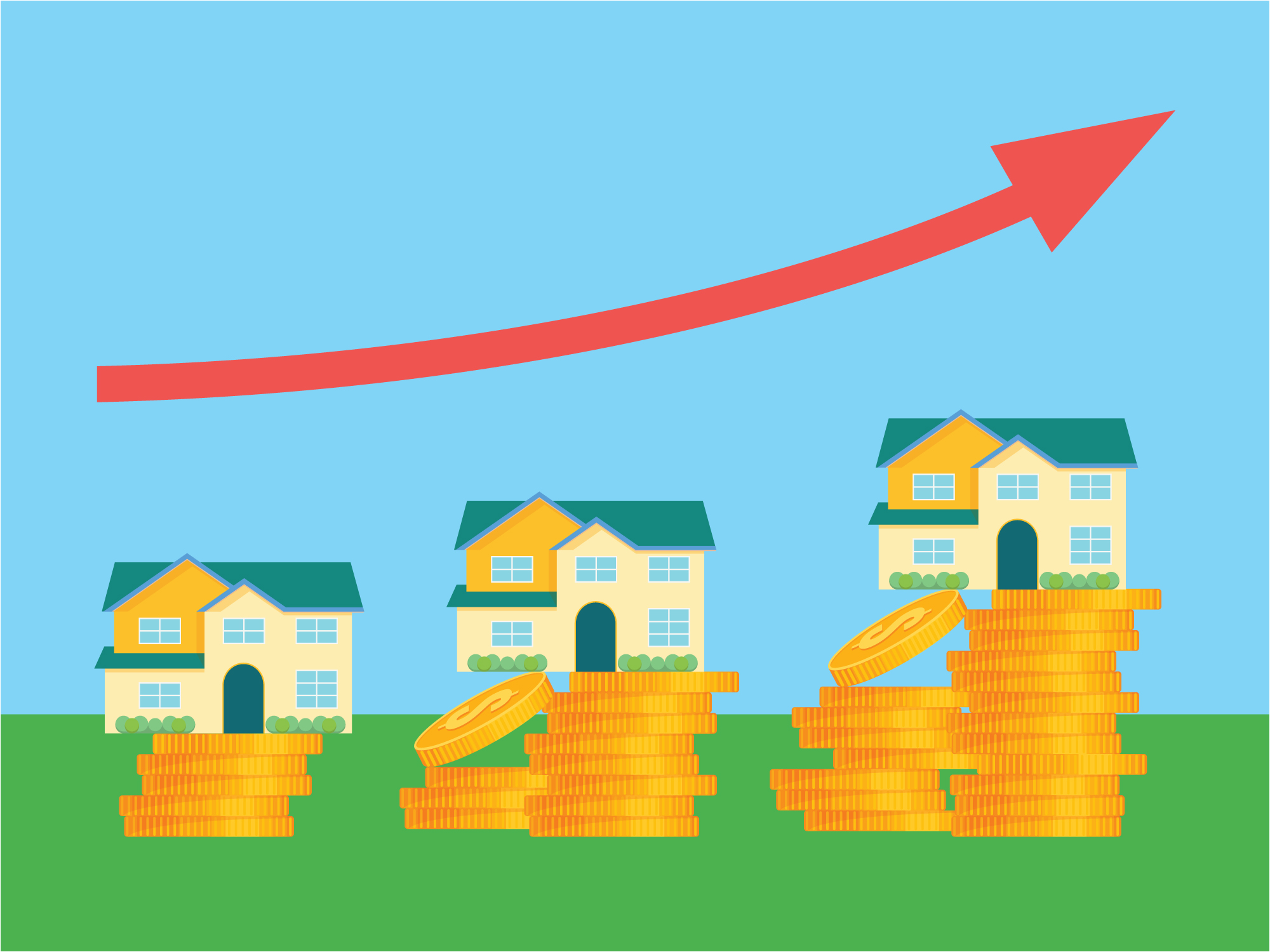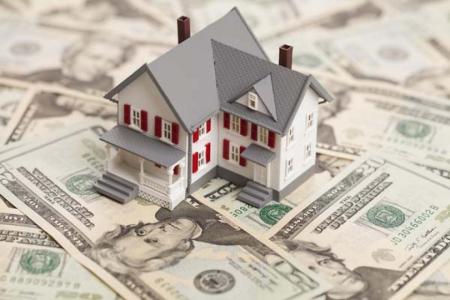How to Build Home Equity and What to Do With It
First off, what is home equity? Home equity is the difference between your home's value and the amount you still owe. Homes, unlike cars or boats, naturally gain equity over time, especially if you, the homeowner, do any sort of work on it to increase the value. Anything from updated plumbing, a new roof, or even room renovations can add value to your home. But the rate at which your home increases in value is dependent upon the housing market. As you pay off your mortgage, the home value goes up. Rather than waiting for it to slowly creep up, build equity and spike it yourself!
These simple steps can boost your home equity and maybe put some extra cash in your pocket when it comes time to sell.
How to Build Home Equity
Increase Your Down Payment
Look at it as instant equity, the more you put down the less you'll be paying in the long run. This is a quick and easy way to build your home's equity right away. Consider putting down the traditional 20% even though your excellent credit score allows you to go as low as 3% down. Lower down payments may look more appealing because you'll have more in the bank, but with a larger down payment, you may also avoid private mortgage insurance which can get pricey.
Choose a 15-Year Mortgage
By electing to have a 15-year mortgage vs. a 30-year mortgage, you will ultimately cut your mortgage in half in the long-run. Most new homebuyers automatically go for a 30-year mortgage because they fear a 15-year mortgage is double the monthly payments. This is a myth. For example, if you purchase a $200,000 home under a 30-year mortgage with an interest rate of 3.8%, your monthly payments (excluding insurance and taxes) will be approximately $932. Take that same $200,000 house and 3.8% interest rate but with a 15-year mortgage, monthly payment increases to approximately $1,459. A difference of $532 may seem like a substantial increase but keep in mind your cutting your mortgage in half and you'll be saving on interest payments too. This may or may not work for your budget but it is worth discussing with one of our mortgage specialists.
*Note, the numbers used in the above example are for illustrative purposes only, actual terms will vary from person to person.
Make Extra Mortgage Payments
A little extra can go a long way. An extra mortgage payment per year can significantly aid in boosting your home equity. It may seem out of the question, but by making 13 payments a year, as opposed to 12, you may be able to cut seven or eight years off your mortgage. That's seven or eight years of saving on interest payments too. Divide your monthly mortgage payment by 12, then take that amount and add it to each of your future mortgage payments. Say you pay $1,200 a month, that's only an extra $100 a month.
Do Some Home Improvements
Not all home improvements require a professional. Have you ever heard of sweat equity? A little old-fashion elbow grease can go a long way in boosting your home's equity. These improvements can be as simple as repainting the cabinets, adding some shelves, updating countertops - and don't forget the landscaping. If you're handy, these minor updates can yield large increases. In a 2007 survey done by HomeGain, "an investment of around $400 or $500 in landscaping, can bring a return of four times that." It's time to break out that green thumb!
What Do You Do With Home Equity?
Get ready to cash in on the home equity you've been building. When, or if, it comes time to sell your house, you'll receive cash for all the equity you've built on that house. If you're buying a new home, you can use the equity you've built up to fund your new purchase. This allows you to then borrow less money, saving more in the long run. You'll also have the ability to borrow cash against the equity of your home. This would open up a second mortgage, also known as a home equity loan.
Contact one of our mortgage specialists to help you determine what mortgage plan is best for you and how you can start building or boosting home equity.









